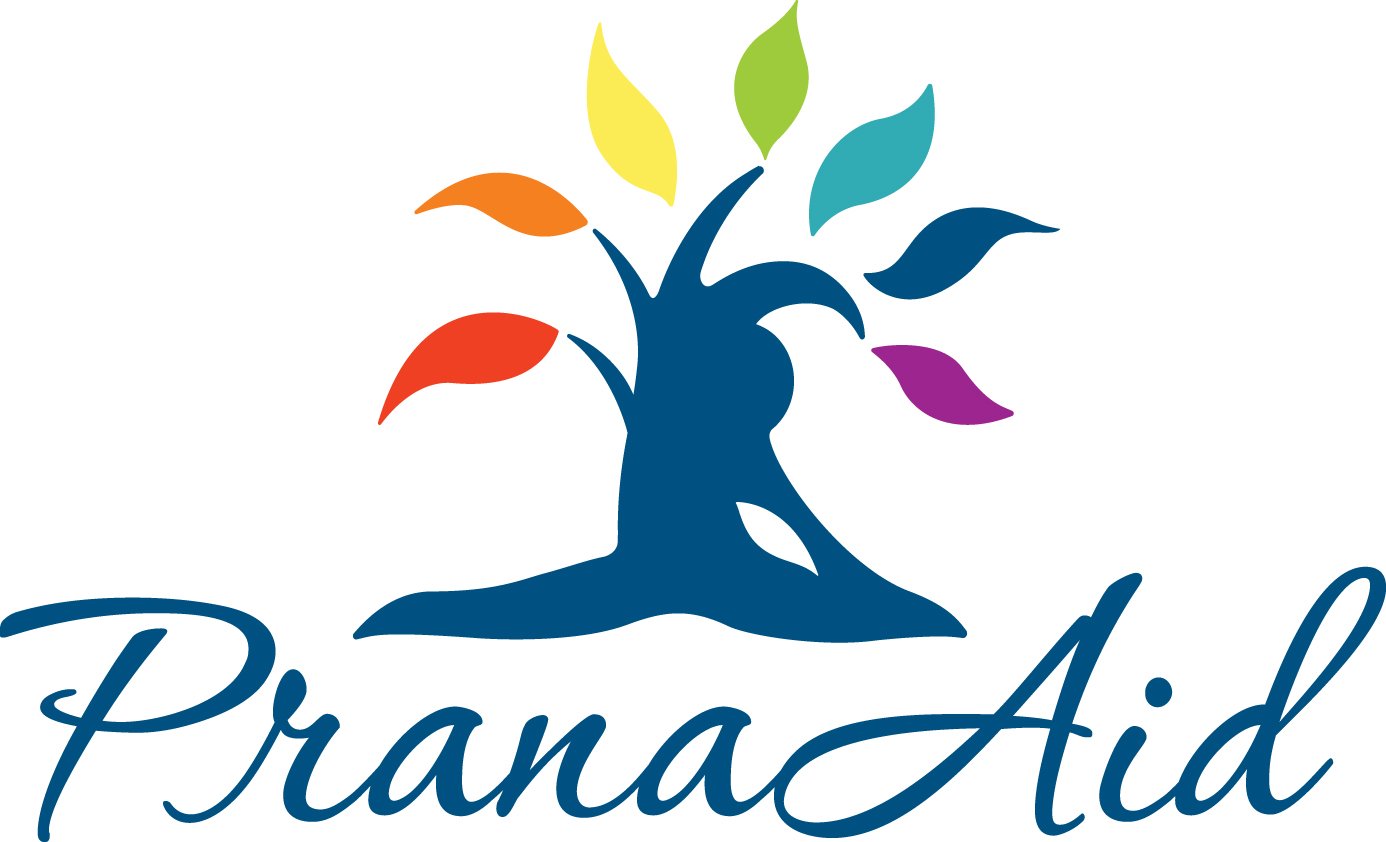Focus on Wellness: Positive Impacts of Mindfulness-Based Stress Reduction
AS A CERTIFIED MEDITATION AND YOGA INSTRUCTOR, I often find myself wondering what would be the best approach for beginners to experience an inclusive yet satisfying mindfulness program. For several years, I have been pondering this question, practicing and teaching various spiritual modalities until finally settling on the answer. Mindfulness-based stress reduction (MBSR) provides a variety of useful meditative practices and styles to help practitioners of all levels cope with typical life stressors.
Mindfulness-based approaches aim to help individuals be aware of their present emotion, pay attention to the present task at hand, and promote inner peace and happiness. Some of the well-known approaches include MBSR, mindfulness-based cognitive therapy, acceptance and commitment therapy, and dialectical behaviour therapy.1, 2 Among these modalities, MBSR was the earliest to be developed and is the most frequently used intervention method.3
MBSR was originally developed to help patients with physical illness to deal with pain, stress and negative emotions.4 Nowadays, MBSR is widely used in the general population for stress, anxiety and depression mitigation.5 By cultivating self-awareness and an attitude of openness and acceptance, MBSR may help individuals calm their mind and body, make better judgments in life and enhance self-capability to cope with various stressful situations.6
Two decades of published research indicates that the majority of people who complete MBSR courses report:
An increased ability to relax
Greater energy and enthusiasm for life
An ability to cope more effectively with both short-term and long-term stress
Reduction in pain levels and an enhanced ability to cope with pain
Improves sleeping patterns and reduces insomnia
INCORPORATING MBSR INTO YOUR LIFE
As veterinary professionals, we experience routine stress and fatigue. It happens when we try to alleviate the suffering of our patients, or take on the pain of what others — such as owners, clients and producers — are feeling. Often, we overtax and exhaust our empathy reserves as we find ourselves working through emotionally charged situations.
Mindfulness can help us put space between ourselves and our reactions, breaking down our conditioned responses to stressful events. Here are some suggestions as how to better approach and benefit from practicing mindfulness throughout the day:
1. SET ASIDE SOME TIME.
You don’t need a meditation cushion or bench — or any sort of special equipment to access your mindfulness skills — but you do need to set aside some time and space.
2. OBSERVE THE PRESENT MOMENT AS IT IS.
The aim of mindfulness is not quieting the mind or attempting to achieve a state of eternal calm. The goal is simple: we’re aiming to pay attention to the present moment, without judgment.
3. LET YOUR JUDGMENTS ROLL BY.
When we notice judgments arise during our practice, it is important to acknowledge them and then let them pass.
4. RETURN TO OBSERVING THE PRESENT MOMENT.
Our minds often get carried away in thought and it is important to draw our attention back every time it slips. That’s why mindfulness is the practice of returning, again and again, to the present moment.
5. FOCUS ON BREATHING.
Pay attention to the steady expansion of your chest: the depth of each breath, its length, frequency and movement.
6. BE KIND TO YOUR WANDERING MIND.
Don’t judge yourself for whatever thoughts may come up, simply practice recognizing when your mind has wandered and gently bring it back. It is just like training a new puppy. Be patient!
These are the foundational concepts to follow. It has often been said that it is very simple, but it is not necessarily easy. The work is to just keep doing it.
FINAL THOUGHTS
If you are new to meditation practice, the most important thing to remember is that you cannot fail at meditation. There will be times where you can meditate with ease, and other times where your mind will be racing and you will have difficulty focusing on being mindful. (You may also fall asleep.) All of those are part of the process of mindfulness practice. Try not to judge your meditations; simply try to refocus on your breath and on the meditation itself. It takes time and practice but it could literally save your life.
